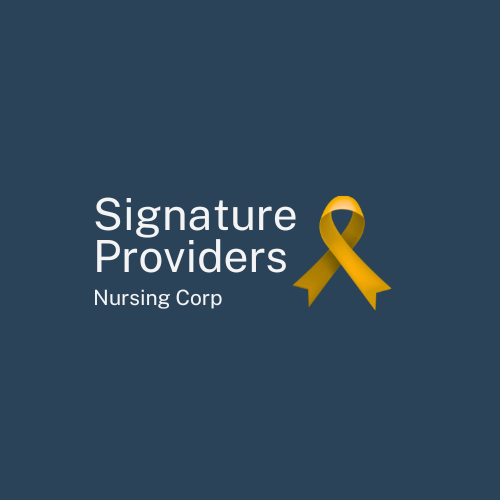Schizophrenia is a chronic and severe mental health disorder that affects how individuals think, feel, and perceive reality. It is characterized by psychosis, including delusions, hallucinations, and disorganized thinking. Schizophrenia typically emerges in late adolescence or early adulthood and requires lifelong management.
Symptoms
Schizophrenia symptoms are generally categorized into three groups:
- Positive Symptoms:
- Delusions (false beliefs not based on reality).
- Hallucinations (perceiving things that are not there, often auditory).
- Disorganized speech or behavior.
- Negative Symptoms:
- Reduced emotional expression.
- Lack of motivation or interest in daily activities.
- Social withdrawal.
- Cognitive Symptoms:
- Impaired attention, memory, or decision-making.
- Difficulty understanding and applying new information.
Schizophrenia-Related Disorders
Conditions within the schizophrenia spectrum include:
- Schizoaffective Disorder: Features both schizophrenia symptoms and mood disorder symptoms (e.g., depression or bipolar).
- Schizophreniform Disorder: Similar symptoms as schizophrenia but lasting less than six months.
- Brief Psychotic Disorder: Sudden onset of psychosis that resolves within a month.
- Delusional Disorder: Persistent delusions without other significant symptoms of schizophrenia.
Causes and Risk Factors
While the exact cause of schizophrenia is unknown, contributing factors include:
- Genetics: A family history of schizophrenia increases risk.
- Brain Structure and Function: Abnormalities in brain chemistry and connectivity, including dopamine dysregulation.
- Environmental Factors: Prenatal infections, malnutrition, or exposure to toxins.
- Stress and Substance Use: These can trigger or worsen symptoms in susceptible individuals.
Treatment
Schizophrenia is treatable, although there is no cure. Key treatments include:
- Medication Management: Antipsychotics are the mainstay treatment to reduce symptoms of psychosis. Psychiatric professionals oversee medication use.
- Therapy: Psychosocial interventions, including cognitive behavioral therapy (CBT) and family therapy, help improve functioning.
- Supportive Services: Case management, vocational training, and peer support are vital for long-term recovery.
When to Seek Help
Early diagnosis and treatment are critical. Symptoms like hallucinations, paranoia, or severe social withdrawal should prompt immediate evaluation by a mental health professional.
Conclusion
Schizophrenia and related disorders can be challenging to manage, but with early intervention and comprehensive care, individuals can lead fulfilling lives. Recovery is a journey, and support is always available.
References
- American Psychiatric Association. (2022). What Is Schizophrenia?. Retrieved from https://www.psychiatry.org
- National Institute of Mental Health. (2021). Schizophrenia. Retrieved from https://www.nimh.nih.gov
- Mayo Clinic. (2023). Schizophrenia: Overview and symptoms. Retrieved from https://www.mayoclinic.org
If you have a medical or psychiatric emergency, please call 911. If you are feeling suicidal or need immediate assistance, please call the National Suicide Prevention Line at: 1-800-273-8255 or 9-8-8.

